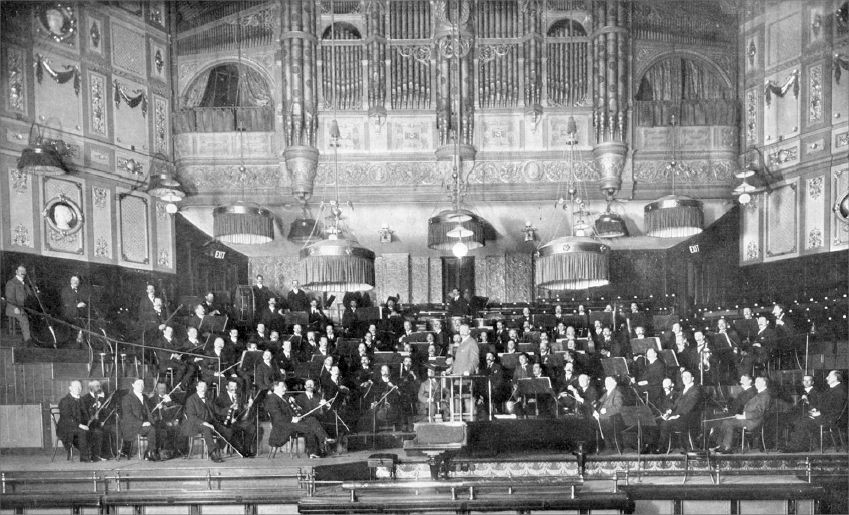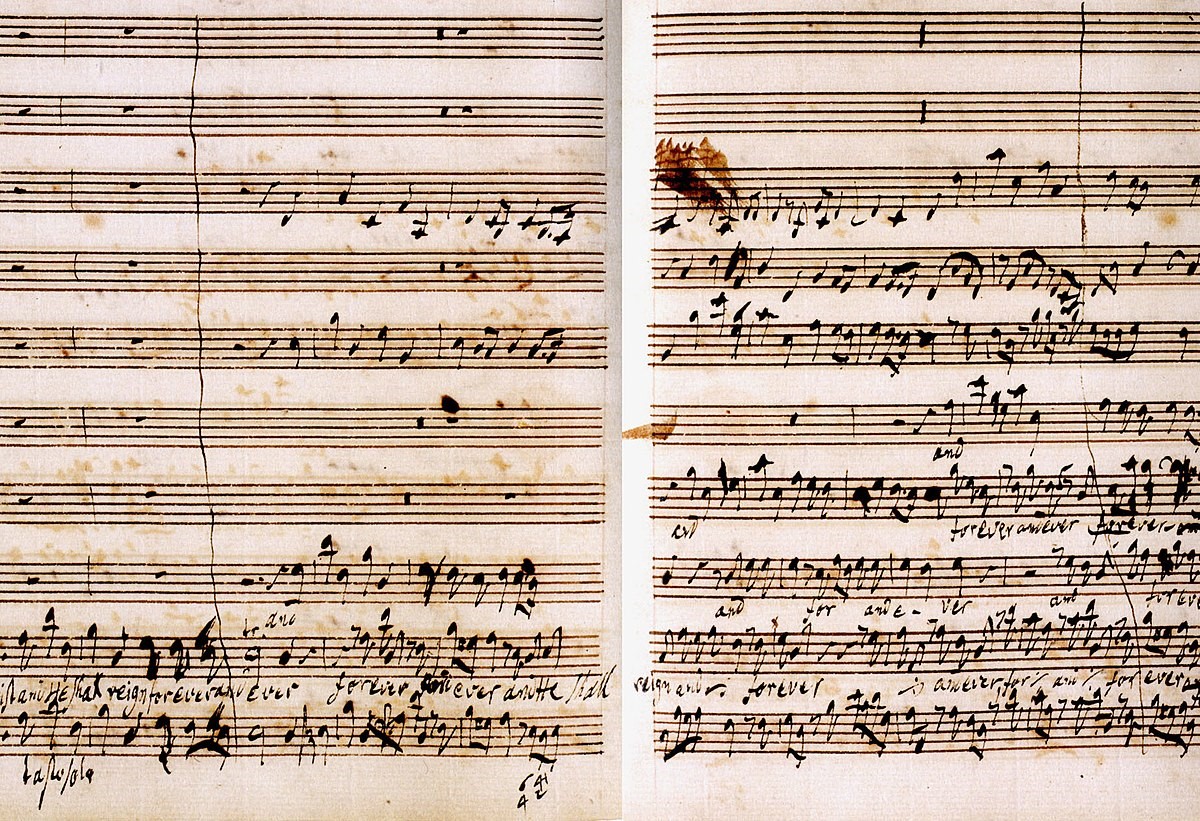March 26 – 27 the Pacific Chamber Orchestra performs Gustav Mahler’s 4th Symphony and Façade, An Entertainment by Dame Edith Sitwell and Sir William Walton
Mahler’s 4th Symphony Sends Us Off to “The Heavenly Life”
When Gustav Mahler wrote the 4th Symphony he was taking a break from his conducting duties at Vienna Hofoper in a lakeside cabin outside of Salzburg. Apparently, he had hoped to do some spiritual soul-searching and needed to catch up on composition deadlines. Two birds. One symphony. He had originally intended to use the “Des Knaben Wunderhorn” vocal excerpt at the end of his 3rd Symphony… but that would’ve made it way too long!

This was the first time anyone had added a vocal solo to the end of a symphony in this way. Such a clever 19th Century composer, right? Perhaps it was his way of wrapping up the whole feeling of the 4th Symphony’s turgent and polyphonic musings of a complicated life here on earth with a swirling release up into heaven’s serene and sonorous tunes? This musing seems particularly poignant today after the world has painfully endured a recent pandemic and now, sadly, is witnessing a new war. Many of us find ourselves asking, “What will music be like in the next realm both on earth and after this life?”
In his stage directions for the aria, he requests; “With childlike, cheerful expression; entirely without parody!” He truly intended this to be delivered with absolute sincerity and naïveté. People (critics) of the time assumed he meant this as a joke because they just couldn’t fathom why anyone (especially a Jew who converted to Catholicism simply for the Hofoper job) would end a symphony this way — so ‘religiously’! Maybe they thought he had spent a little too much time alone at that lakeside cabin alone in spiritual bliss? But Mahler insisted that he meant it to be a return to innocence…an ode to nature in a way a child can look at the world without judgment. I appreciate this spiritual searching as a way of life and expression for my art. Perhaps that is why I am particularly drawn to these lines which translate to:
“There is just no music on earth
that can compare to ours.
Cecilia and all her relations
make excellent court musicians.
The angelic voices
gladden our senses,
so that all awaken for joy”
Breckenridge on Façade, An Entertainment by Dame Edith Sitwell and Sir William Walton
How a Quick Witted Soloist Rocks Façade
 What a funny and quirky piece! I hear it is tradition to wear a fun little hat while performing this; luckily I have the Duchess of Cambridge on speed dial to ask if I can borrow a fancy fascinator.
What a funny and quirky piece! I hear it is tradition to wear a fun little hat while performing this; luckily I have the Duchess of Cambridge on speed dial to ask if I can borrow a fancy fascinator.
The performance difficulties with “Façade” lie in maintaining a middle-voiced spoken word which gets the points across yet carries over the orchestra’s volume. It has been challenging to resist the urge to just SING the words (making up a new motive for each line) and not merely SPEAK them as narrator. Although I have had experience speaking on film and television it has not been with orchestral accompaniment at the same time!!
The most challenging thing for me about “Façade” was that some of the language Sitwell used in her poetry was very old-fashioned and not sensitive in a Diversity – Equity – Inclusion (DEI) way. We removed two of the 21 numbers and modified a few bits of otherwise offensive language in a couple of other movements. In her day, derogatory terms and humor with regard to African and Asian people was prevalent. Maestro Kohl and I did this in order to conscientiously present this work to you so the outdated language does not distract from the lilting poetry and music.
It makes my voice happy to know we are starting the program with the profoundness of Mahler and ending with the ridiculousness (I mean that in the nicest way possible) of the Walton.
Hope you enjoy this fun ride with us!





